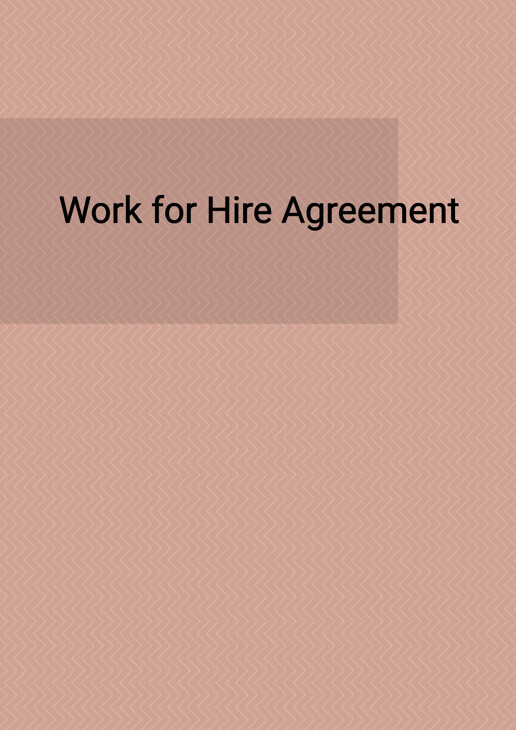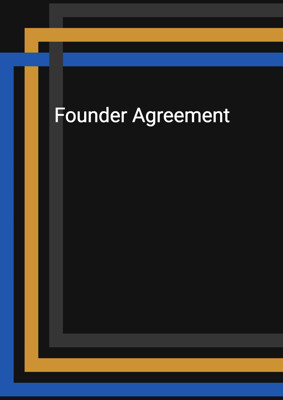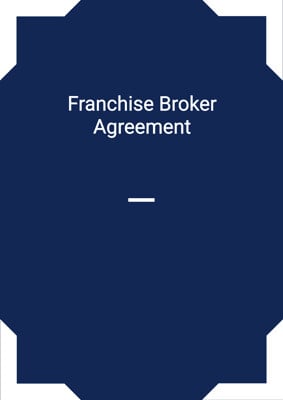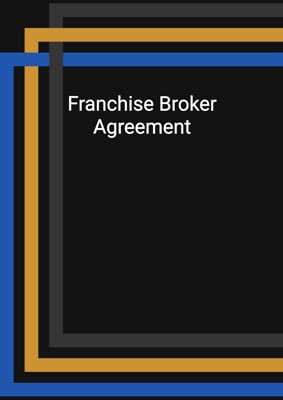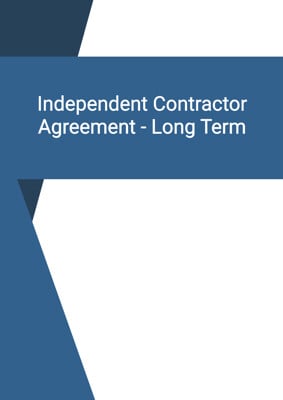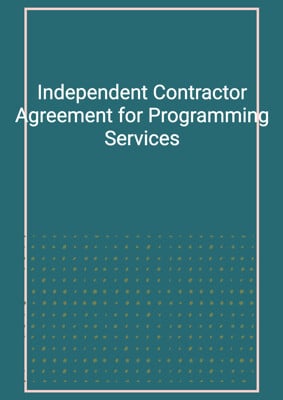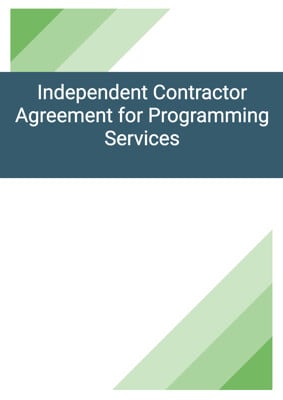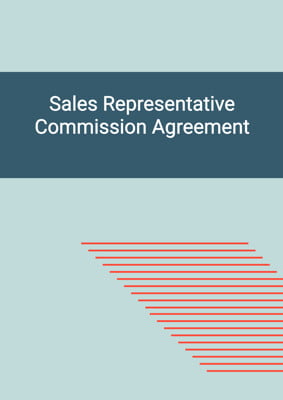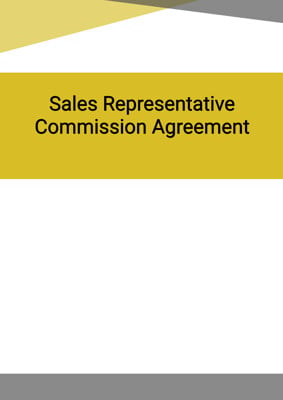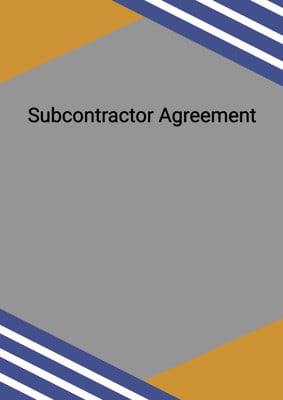How to Tailor the Document for Your Need?
01
Create Document
Fill in the details of the parties. You can click the "Fill with Member’s Information" button to complete it with information saved to your account.
02
Fill Information
Please fill in any additional information by following the step-by-step guide on the left hand side of the preview document and click the "Next" button.
03
Get Document
When you are done, click the "Get Document" button and you can download the document in Word or PDF format.
04
Review Document
Please get all parties to review the document carefully and make any final modifications to ensure that the details are correct before signing the document.
Document Preview
Document Description
A Work for Hire Agreement is a legal contract commonly used in various industries, defining the terms and conditions under which a person or entity (the contractor or freelancer) is hired to create a specific work or project for another party (the client or hirer). This contractual arrangement plays a crucial role in clarifying the rights, responsibilities, and expectations of both parties involved in the creative or professional process. Below is a detailed description of what a Work for Hire Agreement encompasses and why it is essential.
A Work for Hire Agreement includes:
-
Scope of Work: The agreement typically begins by outlining the project's scope. It describes in detail the services to be provided, the project's objectives, and any specific deliverables.
-
Compensation: The compensation section defines the payment structure. It may also include details on when and how payments will be made.
-
Work for Hire Clause: This is a crucial component of the agreement.
-
Confidentiality: Work for Hire Agreements often include a confidentiality clause, safeguarding the client's proprietary information and trade secrets. Contractors are typically required to keep all project-related information confidential.
-
Deadlines and Deliverables: Specific deadlines for project completion and the expected deliverables are established. The client may also have the option to request reasonable revisions or changes.
-
Independent Contractor Status: To clarify the nature of the working relationship, the agreement may emphasize that the contractor is an independent contractor, responsible for their own taxes and benefits, and not an employee of the client.
-
Termination: The contract usually outlines the conditions under which either party can terminate the agreement, including notice periods and compensation for work completed up to the termination date.
-
Governing Law: The agreement often specifies the jurisdiction and laws that will govern it in the event of any legal disputes.
Work for Hire Agreements offer several vital benefits:
-
Clear Ownership: The agreement unequivocally establishes that the client owns the rights to the work created, avoiding any future disputes over intellectual property.
-
Legal Protection: It provides a legal framework to protect both parties' interests, ensuring they are aware of their rights, obligations, and liabilities.
-
Project Clarity: The agreement clarifies the project's scope, objectives, and payment terms, reducing the risk of misunderstandings and scope creep.
-
Confidentiality: It safeguards the client's confidential information, maintaining the privacy and security of proprietary data.
-
Dispute Resolution: In the event of a disagreement, the agreement serves as a reference point for dispute resolution, potentially avoiding costly legal battles.
In essence, a well-drafted Work for Hire Agreement is an essential tool in defining and protecting the interests of both the client and the contractor, fostering a professional and transparent working relationship that benefits both parties. It establishes trust, safeguards intellectual property, and ensures that the project proceeds smoothly and according to plan.
How to use this document?
1. Enter the Contractor's and Client's information in the agreement, including their principal place of business. This ensures that both parties are clearly identified.
2. Clearly specify the agreed price and completion date of the work to be carried out by the Contractor. This will ensure that both parties are aware of the expectations and deadlines.
3. Clearly describe the type(s) of services to be provided by the Contractor. This ensures that both parties are aware of the scope of work and can avoid any misunderstandings.
4. Both parties should agree on the length of the warranty and the time of payment after the completion of the work. This ensures that both parties are aware of the payment terms and the length of the warranty.
5. If the work is not completed by the completion date, specify the amount of damages per week that the Client is entitled to. This ensures that both parties are aware of the consequences of non-completion.
6. The Client should not assign the agreement or subcontract the performance without the Contractor's written consent.
7. The Contractor is free to provide services to other clients.
8. Any modifications to the agreement must be made in writing and agreed upon by both parties.
9. The Client should pay the agreement price to the Contractor within the specified timeframe. Late payment charges may apply.
10. The Contractor may incur certain expenses that are not included in the fee for the job. The Contractor should keep an exact record of these expenses and submit an invoice with proof of purchase.
11. The Client should promptly notify the Contractor of any disputes regarding an invoice and provide supporting documentation.
12. The Contractor is an independent contractor and not entitled to employee benefits.
13. Either party may terminate the agreement in specific circumstances, such as bankruptcy or winding-up orders.
14. The Contractor retains intellectual property rights in the work product but grants the Client a license to use it.
15. Only the parties to the agreement have the right to enforce its terms.
16. The parties should make reasonable efforts to resolve any disputes amicably and in good faith.
17. Follow the specified procedures for serving notices between the parties.
Not the right document?
Don’t worry, we have thousands of documents for you to choose from:
